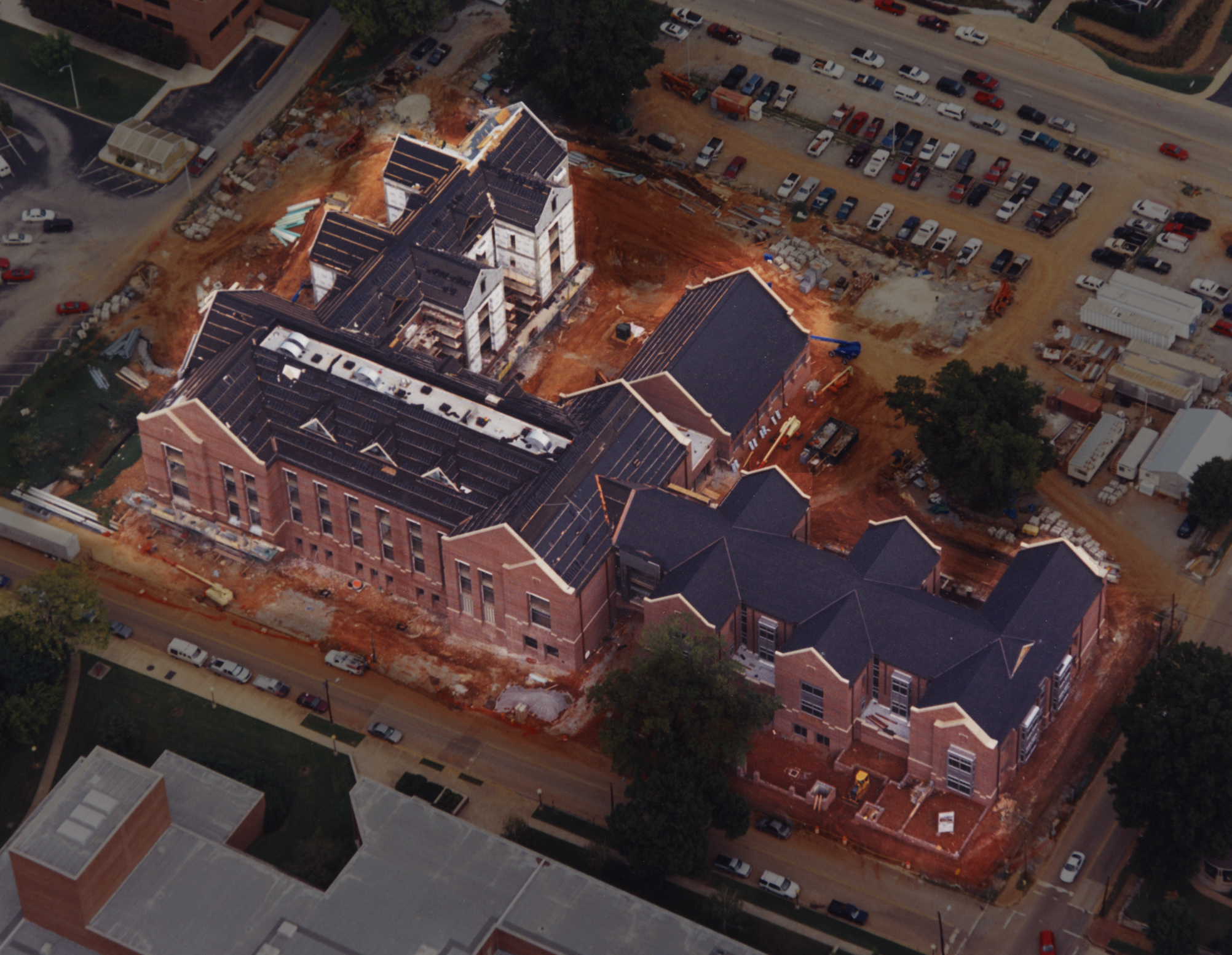Our History

The history of innovation in engineering in Chattanooga
In the fall of 1969, soon after adopting its new name as the University of Tennessee at Chattanooga, the University took a bold step toward shaping the region’s future by envisioning a new engineering program. Four visionary leaders—Drs. Lynn Russell, Terry Carney, Bob Wynn, and Ron Cox—joined forces with community leaders and elected officials to establish the Division of Engineering. This new division was built upon the solid foundation of the University of Chattanooga’s earlier engineering program, ensuring continuity while setting the stage for innovation.
With determination and foresight, these four men developed an engineering curriculum and specialized academic concentrations designed to meet the region’s growing technical needs. What began as a division evolved into a department, and ultimately into a full-fledged college, producing the highly skilled technical workforce and engineering leaders essential to the Tennessee Valley Corridor. Initially focused on the industrial manufacturing sector, the program quickly became—and remains—a driving force for economic development in the area. The inaugural class began with just five faculty members and forty students. By the early 1980s, computer science had joined the department, further broadening its scope and expertise.
Over the past 51 years, the College has produced more than 5,000 graduates—engineers, engineering managers, computer scientists, and technologists—who have gone on to impact industries, communities, and research worldwide. Today, the College offers fully accredited degrees in six undergraduate programs, three master’s degrees, and a Ph.D. in Computational Science.
Engineering vision into the future
The founders’ vision has grown into a thriving academic community where innovation, research, and hands-on learning continue to prepare students for the challenges of tomorrow. Those who laid its foundation would be proud to see how their work has shaped not only the University but also the economic and technological landscape of the region. And as the College looks ahead, it remains committed to advancing knowledge, driving innovation, and preparing the next generation of leaders to solve the complex problems of a rapidly changing world.